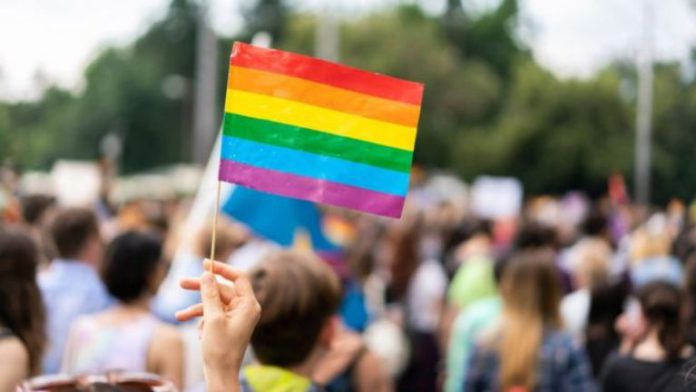The Ghana National Education Campaign Coalition (GNECC) has called for a nationwide public sensitisation on the LGBTQ+ bill before it is passed into law.
The Bono Regional Chairman of the GNECC, Kobina Afena-Sam, said although the bill was laudable, there was a need for the populace to understand certain provisions in it so that they would keep with the letter and spirit of it when passed.
Speaking in an interview with the Ghana News Agency in Sunyani on the Coalition’s position on the LGBTQ+ bill, Mr Afena-Sam said, “any discerning Ghanaian would push for the passage of the bill into law.”
He, however, expressed the fear that if public education on the bill was not intensified for the populace to understand the content before it was passed into law, some people could probably “take the law into their own hands” and abuse culprits.
Mr Afena-Sam stressed that beyond religion, Ghanaians strongly frowned and condemned sexual immorality, perversion and “strange lusts,” saying, “The passage of the bill is timely and would preserve the nation’s diverse culture that reflects the true identity of the people.”
“But, I think as a nation we need to upscale public sensitisation on the bill. Virtually all Ghanaians frown on LBGTQI+ and if we don’t take our time and sensitise the populace on the bill, people could go lawless and attack suspects, but Ghana is not a lawless country,” he stated.
Describing the LBGTQ+ activities as alien to the Ghanaian culture, faith and spirituality, Mr Afena-Sam said naturally it was not the purpose of God for “men to sleep with men or women to sleep with women,” and therefore urged Parliament to remain resolute in its decision to pass the bill into law.
“I understand the pressure from the LBGTQI+ community and other development partners is too much, but I think Parliament and Ghanaians must remain unyielding and pass the bill in our own interest,” he stated.
Mr Afena-Sam, nonetheless, said the passage of the bill into law did not warrant or allowed the populace to abuse offenders, saying nobody had the right or justification to take the law in his or her hands and mete worse forms of human rights abuses on wrongdoers.

